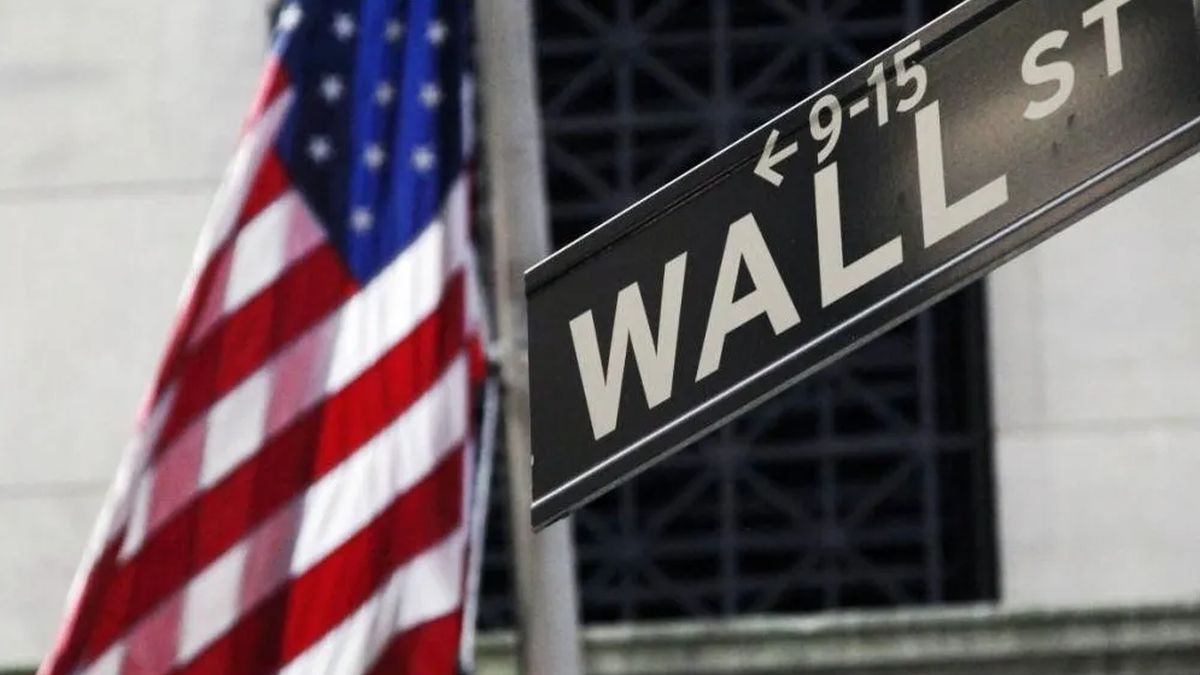On the New York Stock Exchange, the papers of Argentine companies fell to 7.3%, with falls led by Mercado Libre, followed by Globant (-7%); IRSA (-5.2%); Cresud (-5%); and Take off (-4.8%).
For its part, the leading S&P Merval index lost 1.6% to 87,051 points, against an advance of 1.2% the day before due to opportunity purchases.
The disarmament of portfolios was manifested in the face of domestic financial inactivity until next Tuesday, as a result of two separate holidays on Friday and Monday.
“The markets are bad, there are sales wherever you look at it, not only because of the challenging internal issues that concern the Argentine reality, but the foreign (market) doesn’t help either. It’s that simple and that’s why everything goes down,” synthesized a private banking analyst.
The BCRA board ordered increase its reference rate by 300 basis points to 52% per year in the face of high inflation, which marked 5.1% in May, which hits the pockets of Argentines with a direct cut in purchasing power.
Meanwhile, the Government announced the creation of a Incentive Regime for Internal Fuel Supply (RIAIC) for refining companies that import gas oil (diesel) in order to avoid the lack of that fuel, which has affected the country for weeks.
On the international scene, Wall Street operates with strong losses after the decision on the eve of the Federal Reserve (Fed) to increase its reference interest rates by 75 percentage points. Its main index, the Dow Jones Industrials, fell 2.3% to settle at 29,976.94 points. Meanwhile, the selective index S&P500 and the technological Nasdaq operate with setbacks of 2.8% and 3.2%, respectively.
Bonds and country risk
Regarding the fixed income segment, bonds denominated in dollars operate with generalized falls, reaching up to 2.2% (Bonar 2030), with prices marking historical minimum levels.
Thus, the Argentine country risk rose 1.4% (29 basis points) to 2,140 units, a new maximum since the swap with private parties in September 2020.
Source: Ambito
David William is a talented author who has made a name for himself in the world of writing. He is a professional author who writes on a wide range of topics, from general interest to opinion news. David is currently working as a writer at 24 hours worlds where he brings his unique perspective and in-depth research to his articles, making them both informative and engaging.




